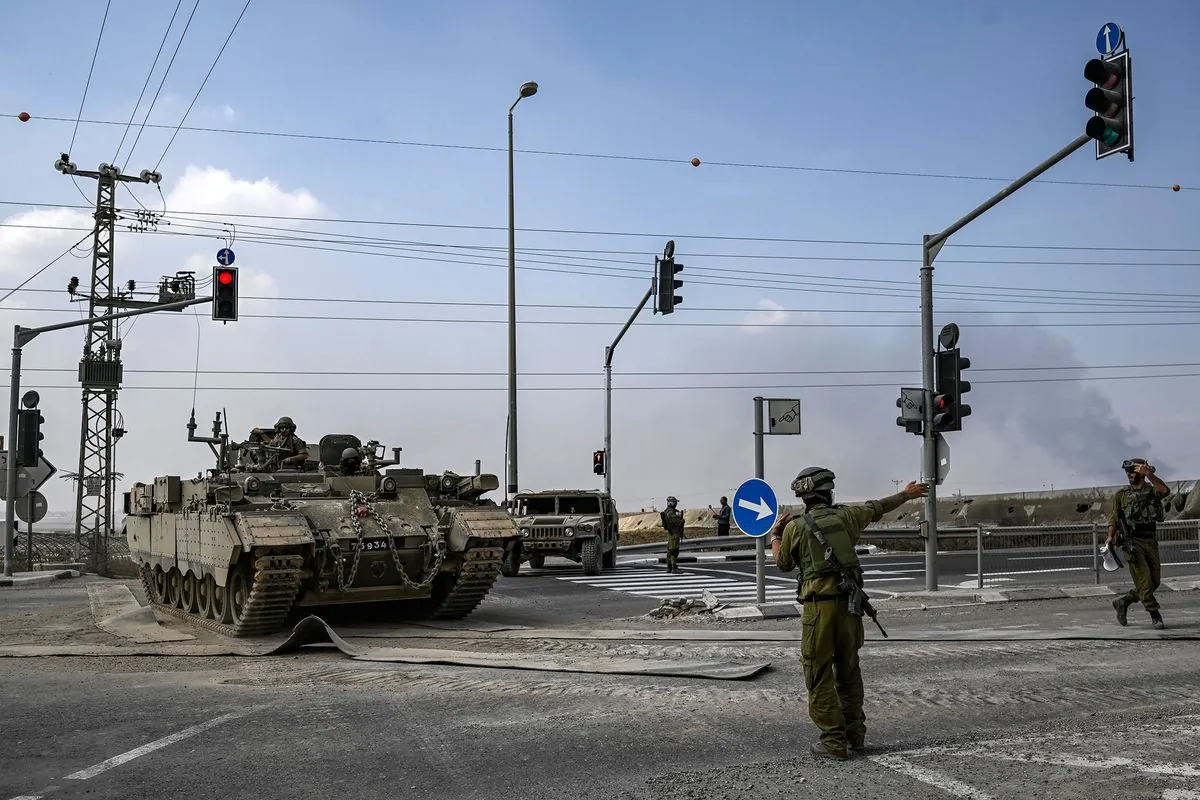In the aftermath of the October 7, 2023 attack by Hamas, Benjamin Netanyahu, Israel's longest-serving prime minister, vowed to destroy the organization. This declaration has set the stage for a series of bold moves by Israel, culminating in recent high-profile assassinations.
On July 13, 2024, Israel struck Mohammed Deif, Hamas's military commander, and his deputy Rafaa Salameh in Khan Younis. Shortly after, Ismail Haniyeh, the leader of Hamas's political office since 2017, was reportedly killed in Tehran. These actions, along with strikes against Houthi targets in Yemen and a Hezbollah advisor in Lebanon, underscore Israel's commitment to its stated goal of victory.
"The Israel Defense Forces (IDF) will immediately use all its strength to destroy Hamas's capabilities. We will destroy them, and we will forcefully avenge this dark day that they have forced on the State of Israel and its citizens."
Netanyahu maintains that these actions are weakening Hamas, an organization founded in 1987 during the First Intifada. However, historical precedent suggests that assassinated leaders are often quickly replaced, raising questions about the long-term effectiveness of this strategy.
Israel's approach has put it at odds with its closest ally, the United States. While the U.S.-Israel relationship dates back to 1948, their current perspectives on the conflict differ significantly. Israel views the situation as existential, while U.S. officials worry about the broader regional implications and civilian casualties.
This misalignment highlights tensions in the U.S.-Israel security relationship. Israel seeks maximum flexibility in pursuing its military objectives while expecting U.S. support if needed. This dynamic is particularly concerning given the potential for escalation with Iran, whose Supreme Leader, Ali Khamenei, has vowed retaliation for Haniyeh's death.
The situation raises questions about the informal nature of the U.S.-Israel security relationship. Some experts suggest that a formal security pact, detailing specific circumstances for U.S. intervention, could help manage risks and expectations.
As Israel continues its aggressive strategy, the potential for regional escalation looms large. The assassination of Haniyeh in Tehran, following the inauguration of Iran's new president, significantly raises the stakes. Iran's response could trigger a cycle of retaliation, potentially drawing the United States into a broader conflict.
While Israel's actions may have eliminated key Hamas figures, the long-term security implications remain uncertain. The cautionary tale of the U.S. assassination of Qassem Suleimani in 2020 demonstrates that eliminating leadership doesn't necessarily diminish the threat posed by these organizations.
As tensions rise, the need for a balanced approach that ensures Israeli security without compromising U.S. interests becomes increasingly apparent. The coming weeks will be crucial in determining whether the current strategy leads to de-escalation or a wider regional conflict.
